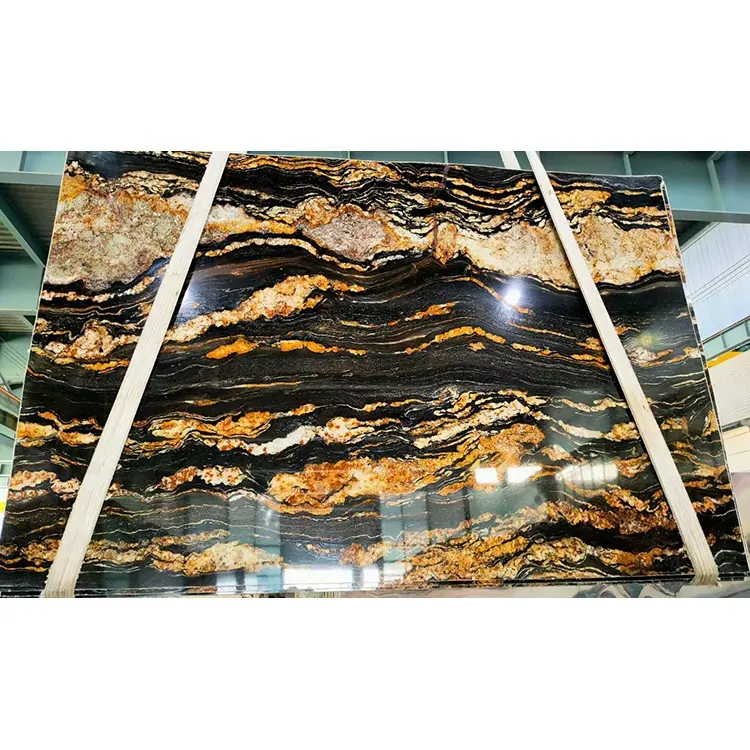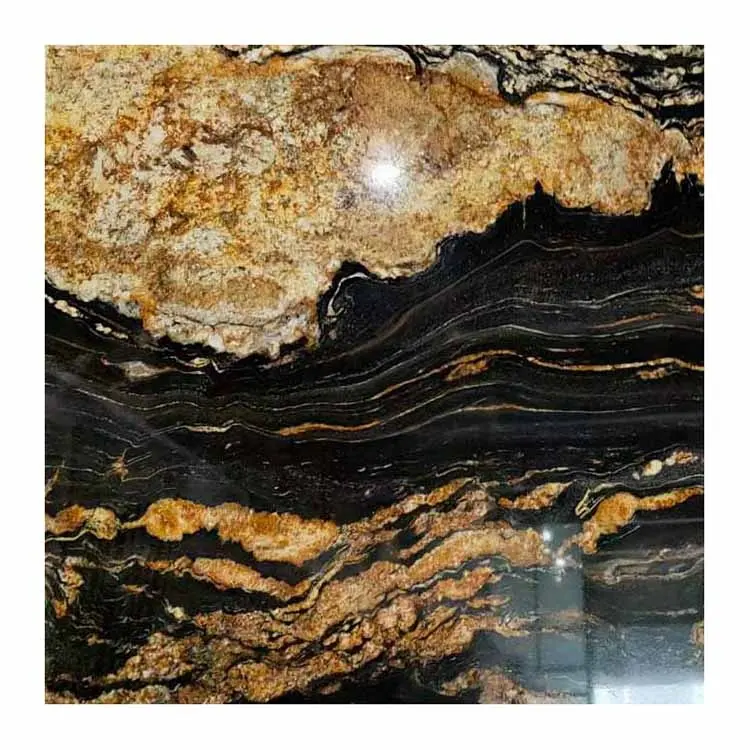Granite countertops are a well-liked option for kitchen surfacing because of their long-lasting nature, aesthetic appeal, and natural appearance. In addition to these advantageous characteristics, a lot of homeowners are curious about whether or not granite countertops are resistant to bacteria and germs. Within the scope of this article, the characteristics of granite that are responsible for its possible resistance to bacteria and germs are investigated. The natural characteristics of granite are investigated, as well as the significance of sealing it correctly, the significance of maintaining and cleaning it on a regular basis, and the comparison to alternative countertop materials. In order for homeowners to make educated decisions regarding the surfaces of their kitchens, it is necessary for them to have a grasp of the elements that influence the resistance of granite countertops to bacteria and germs.
Properties of Granite Derived from Nature
There is a natural stone known as granite that is generated by the crystallization of molten magma over the course of millions of years. Specifically, quartz, feldspar, and mica make up the majority of its composition in this igneous rock. Granite’s possible resistance to bacteria and germs is a result of its inherent characteristics, which include its thick and non-porous nature. Granite, in contrast to permeable materials like wood or laminate, does not offer an environment that is conducive to the growth of bacteria. Granite, despite the fact that its natural characteristics may hinder the growth of bacteria, is not fully immune to contamination. This is an important point to keep in mind.
Sanitation and resistance to bacterial growth
Granite countertops have the ability to be resistant to bacteria and germs, and one of the most important steps in preserving this resistance is proper sealing. Because granite is a porous material, it can become susceptible to stains and bacterial infiltration if it is not sealed properly or if the sealant wears off over time. The use of sealants results in the formation of a protective barrier that blocks the passage of liquids, including fluids that are contaminated with bacteria, onto the surface. It is recommended by experts that granite be resealed on a regular basis in order to maintain the efficiency of the sealer and to increase the granite’s resistance to the growth of bacteria.
Maintaining and Cleaning the Area
In order to preserve the potential bacterial resistance of granite countertops, it is essential to perform routine cleaning and maintenance on them. Granite is generally considered to be a material that is simple to clean; nonetheless, it is essential to make use of cleansers that are pH-neutral, non-abrasive, and specifically developed for stone surfaces. Granite’s resistance to bacteria and germs can be compromised by the use of harsh chemicals or abrasive cleansers, which can cause damage to the sealant protecting the stone. In addition, minimizing the danger of bacterial development can be accomplished by rapidly cleaning up spills, particularly those that can be caused by substances that could potentially be contaminated. In addition to contributing to the general cleanliness of granite worktops, regular cleaning practices, which include thorough wiping and sanitizing, also contribute to the possible bacterial resistance of granite countertops.
When Contrasted with Other Materials Used for Countertops
When compared to other materials that can be used for countertops, such as laminate or wood, granite has the ability to give advantages in terms of providing resistance to microorganisms. Because of their porous structure and the presence of seams or joints that can trap moisture and germs, laminate countertops, for instance, are more prone to the growth of bacteria than other types of worktops. Even if they are properly sealed and maintained, wood counters can contain bacteria within their porous surface if they are not properly sealed. Granite countertops, on the other hand, that have been properly sealed, offer a surface that is generally non-porous and smoother, which can make it more difficult for bacteria and germs to attach to the surface and multiply.

Things to Think About When Attempting to Improve Bacterial Resistance
In order to further strengthen the possible resistance of granite countertops to bacteria and germs, there are extra precautions that homeowners can take into consideration. One of the choices available is granite that has been treated with antibacterial agents. There are some producers who sell granite that has antimicrobial characteristics that are built in and prevent the growth of bacteria already present. In addition, including excellent hygiene practices in the kitchen, such as the utilization of cutting boards, the routine washing of utensils and surfaces, and the practice of safe food handling, can assist in reducing the entrance and spread of bacteria on any countertop surface, even granite.
Countertops made with granite have the ability to be resistant to bacteria and germs due to the natural qualities of the material, its non-porous surface, and the adoption of appropriate sealing and care techniques. In spite of the fact that granite is not totally resistant to the growth of germs, the intrinsic properties of the material make it less susceptible to the growth of bacteria than porous materials. It is crucial to maintain the potential resistance of granite countertops to bacteria and germs in the kitchen by cleaning them on a regular basis, sealing them properly, and adhering to appropriate hygiene habits. When compared to other materials that can be used for countertops, granite has a number of advantages, including the potential to be resistant to bacteria. In order for homeowners to make educated decisions and take advantage of the aesthetic and potential hygienic benefits of granite countertops in their kitchens, it is necessary for them to have a thorough awareness of the variables that are covered in this article.










